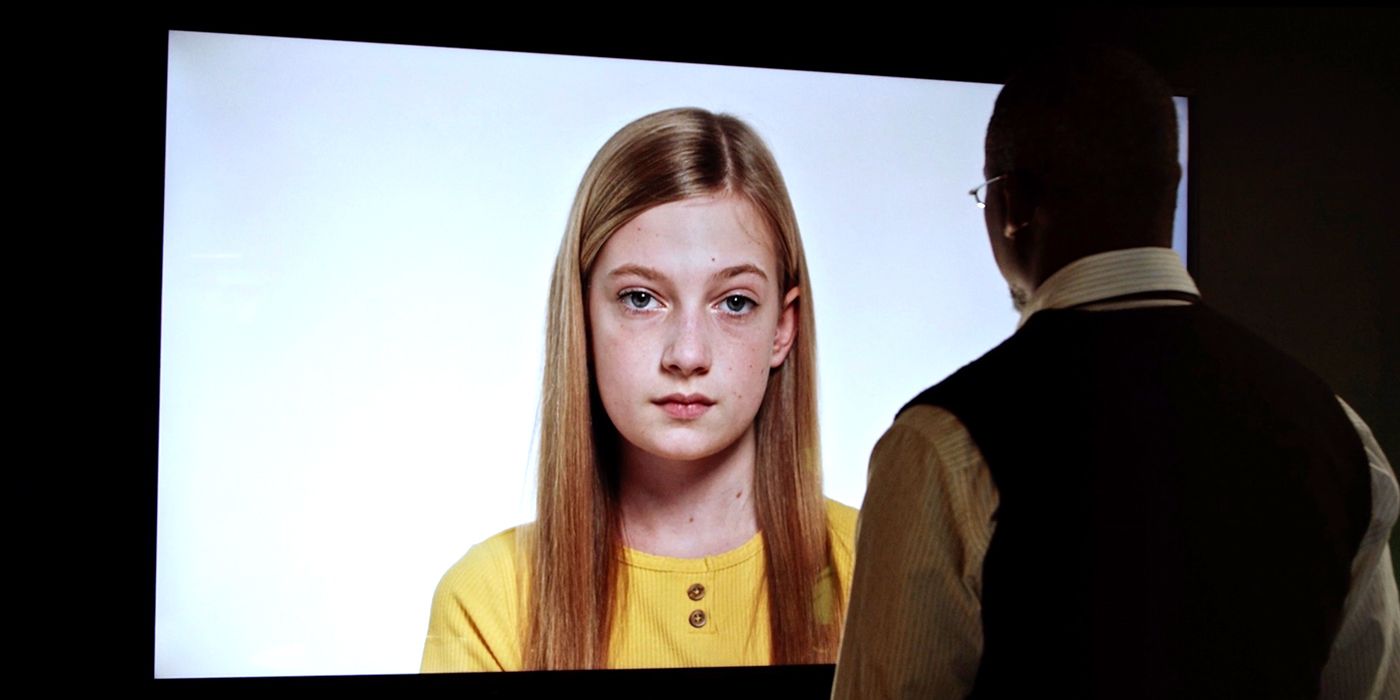Ex Machina and The Artifice Girl: female deception
AI and narratives of female deception: Ex Machina and The Artifice Girl
AI technologies are increasingly prominent in the public arena, and often it seems we can forget how much AI influences our everyday lives. How easy it is to ask Siri to do tasks for us, to pose our trivial questions to Google rather than consulting an encyclopaedia! And perhaps it’s an interesting thing to note, too, that those disembodied AI voices are female. Maybe this is a significant thing to note, but maybe it’s nothing we need to think too deeply about. But what is worth paying attention to is the fact that many artistic, imagined renderings of AI in fiction depict feminine AIs.
AVA is the AI at the centre of Ex Machina, Cherry that of The Artifice Girl, and these are but two examples of female AI in fiction, specifically cinema. It might be that there’s nothing significant about the tendency to depict AI as female in film, but then again, there’s a connection to the AIs which feature in modern life that has an uncanny resonance. So what can we unpick from that relationship between AI and the feminine? Well, if we take The Artifice Girl and Ex Machina as examples, the narrative drive of the two films comes from the following question: can we be convinced that the AIs we see before us pass for human? That question is predicated on the assumption that AI has a capacity for deception of some kind - that it can deceive us into believing it is human. Deception. That’s not a nice quality to be defined by, surely?
Yes, there are downsides to AI in modern life, like rapid changes in the job market which causes redundancies in jobs where a robot can do the job better, quicker, more cheaply. But of course, there are also plenty of positive qualities that AI possesses, and those qualities can enrich our lives immensely. Think about the accessibility of information that we now enjoy when we can ask Google a question, and the various tasks we can ask AI to complete for us: ‘Siri, set me a timer for 5 minutes.’
But there remains the pressing question of deception, and its significance to female AI. Something about that relationship doesn’t sit right with me. Perhaps it’s paranoia about the quiet pervasion of misogyny, and it’s mere coincidence that ideas of AI’s power to deceive align with female characterisation. Maybe there’s a positive way of reading into this. First, though, I think this requires a critique.
(At this point I ought to warn you that if you’ve not seen either of these films, you’re reading on at your own risk. I recommend both films, but obviously they are better enjoyed without spoilers.)
Is there something that fundamentally connects the feminine and the deceptive? Is it female sexuality? Is it about a male gaze, and its perception of the feminine as mysterious, inscrutable, and therefore threatening? Certainly in Ex Machina we can see that line of argument being played out on screen. Whilst sexuality isn’t the central theme or interest of the film, it’s definitely a present and pressing issue. AVA’s sexuality is seemingly inseparable from her ability to deceive, to present herself convincingly as being human, and to ultimately escape into society.
In The Artifice Girl, Cherry’s female identity is also tied to deception of a kind, but in a different context to Ex Machina. Presenting online as a young girl attracts precisely the kind of attention that Cherry needs to attract in order to fulfil her objective and catch sexual predators. Therefore Cherry’s femininity is essentially inseparable from her capacity to deceive, not just in her role in the film but also in convincing the audience that she has real feelings we identify in other humans. In brief, her femininity is a key factor influencing her ability to pass the Turing Test.
So in both films, then, femininity and deception are interdependent and inseparable. Is this a statement purely about AI, though? Or is there something more sinister at play here, where these films pick up on an issue in our day-to-day lives regarding gender stereotypes? Perhaps it’s a mixture of both: femininity and deception are features of these films because they reflect the reality of AI’s place in our modern lives; AI and science-fiction are used symbolically to frame issues which have less to do with AI and more to do with gender politics. Either way, there seems to be a harsh truth underpinning both stories, about gender, the future of technology and its relationship with the human.



Comments
Post a Comment